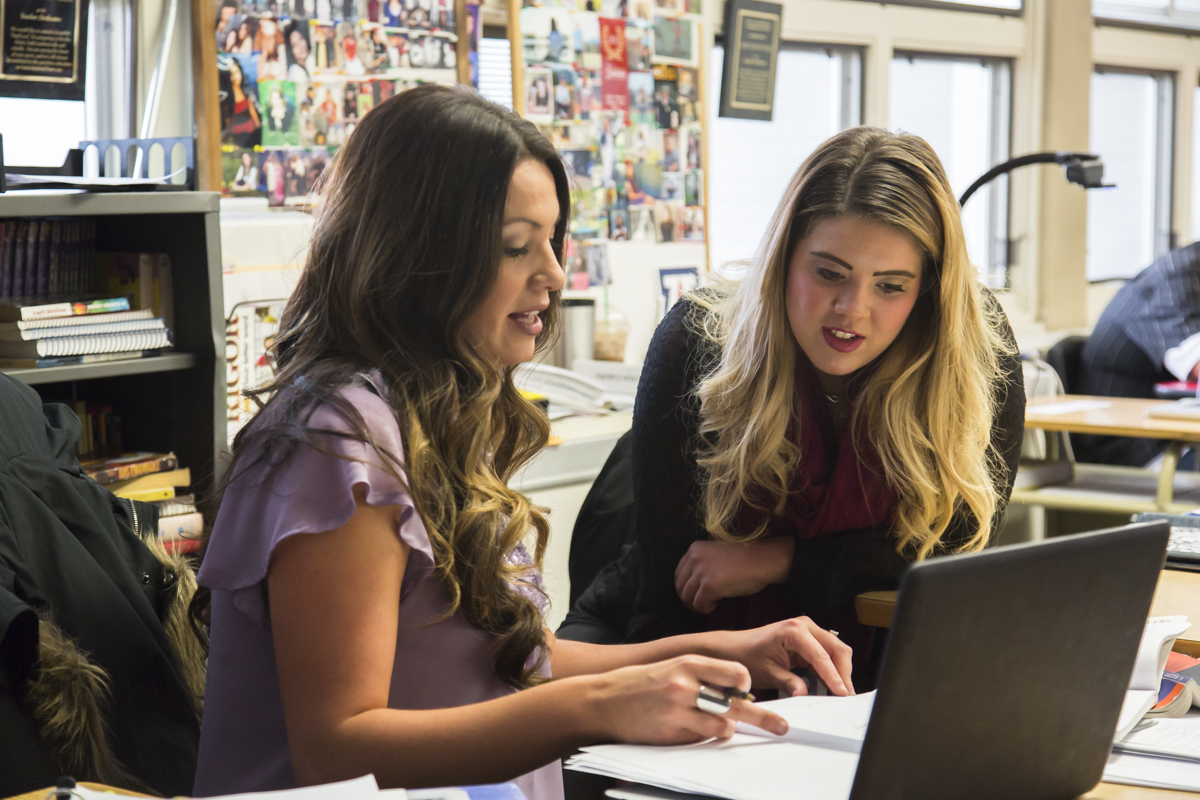June 29, 2018
What Every First-Year Teacher Should Know
So you got the job, and you’re entering your first year as an educator. Having a few tips before the start of the school year can make all the difference.
Graduation is behind you, you passed all of the certification exams, and you finally got the call you have been waiting for; you got the job! Welcome to the world of teaching. You have a lot of training and you’re ready for your first day. But then, the “what-if's and the “how-do-I” questions start to trickle into your thoughts. Here are a few tips for the first year teacher that can make this transition into the world of education a little more manageable.
1. Get to know your peers
These are the people who keep the school running smoothly. When we are in the classroom teaching, the front office and custodial staff take care of communications, technologies, air conditioning, troubleshooting, and anything else you can think of. Find these people and befriend them! As a new teacher, you will have many questions; more often than not, the veteran principal’s secretary will hold the golden key to all of them! So from emergency technology issues to running out of paper or staples, having these people in your corner is always your best bet.
2. Have a back-up plan
Every teacher has a horror story about a time he or she had a great lesson scheduled for the day and nothing went according to plan. There have been countless times in my career when the copy machine went down, the projector bulb blew, or I forgot my flash drive with all of my files on it. It takes years of practice (mostly out of necessity) to be able to think well on your toes. So, in the event that any of these things happen, having a back-up plan is a must. Extra copies of materials, tech alternatives, or supplemental lessons are always a good idea to have on the back burner. In addition, these can be helpful if you teach the lesson to first period and realize it is not effective. There is never a bad time to drop back, punt, and revise your current plan.
3. Be flexible and honest
This doesn’t mean that when a student comes to you that you should bend all of the rules and not stick to rigid due dates. But, being flexible in your classroom is a must, especially when it comes to things like technology, attendance, and special events, such as state testing and pep rallies. Being flexible and adaptable will make your life much more enjoyable in your first year. In addition, when things don’t go as planned, try not to forget that you are human and doing things perfectly all the time is not in our DNA. Be honest with your students. Let them see that you make mistakes too, and then adapt and overcome. This is where the aforementioned backup plan comes in handy!
4. Consistency will make or break your year
Keep it simple. Don’t try to utilize every teaching strategy you learned in all of those valuable teacher programs. You are just starting your career, so choose lessons that will be easy to maintain throughout the year and modify, as necessary. Consistency is the foundation for everything, including classroom management success and building trust and valuable relationships with students. If you do what you say you will do, whether it is grading a daily bell-ringer or giving weekly vocabulary quizzes, trust and respect naturally follow — especially when it is related to discipline.
5. Utilize others’ creativity
Every teacher you meet at your new job had a first year, just like you. Seasoned professionals are usually more than happy to share their vault of secrets and materials with a new teacher. Don’t be afraid to ask questions all day, every day, and steal ideas you see along the way. Teachers don’t patent their materials and lesson plans because sharing the wealth is what it’s all about! Whether it is a bulletin board idea, a righteous book report project, or a Socratic seminar style you never imagined, steal all of these ideas and tweak them to fit the needs of your classroom. Teaching is not like being a magician; it is OK for people to know how you make things happen. Creativity grows the more minds it runs across.











